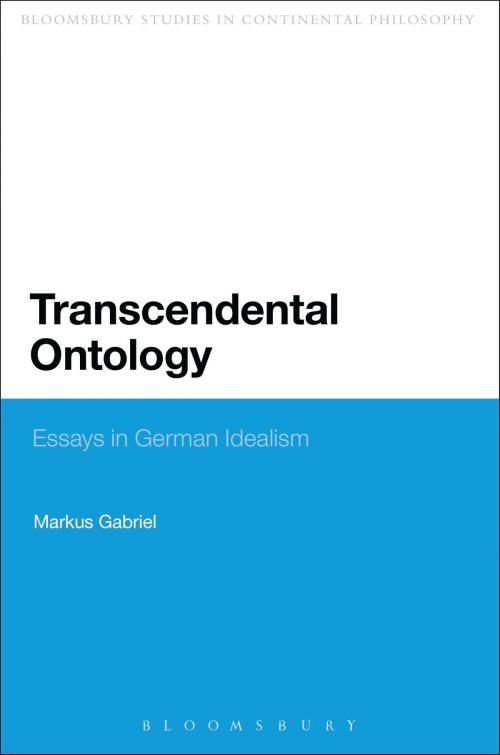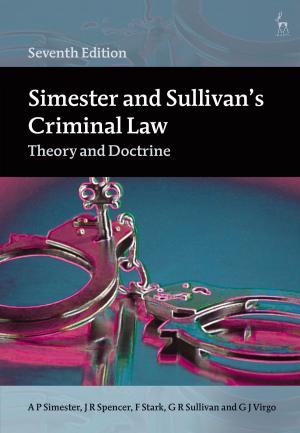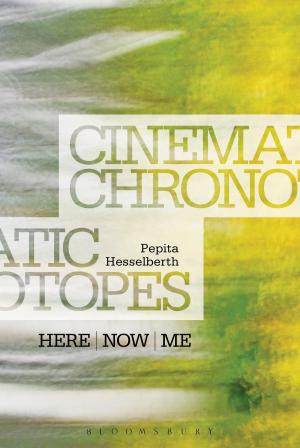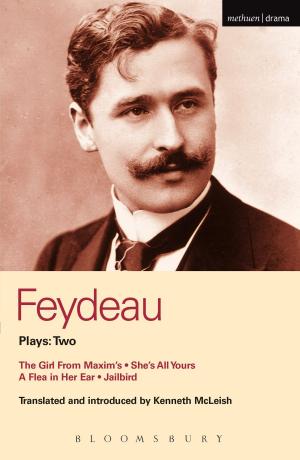Transcendental Ontology
Essays in German Idealism
Nonfiction, Religion & Spirituality, Philosophy, Modern| Author: | Dr Markus Gabriel | ISBN: | 9781441108234 |
| Publisher: | Bloomsbury Publishing | Publication: | June 9, 2011 |
| Imprint: | Continuum | Language: | English |
| Author: | Dr Markus Gabriel |
| ISBN: | 9781441108234 |
| Publisher: | Bloomsbury Publishing |
| Publication: | June 9, 2011 |
| Imprint: | Continuum |
| Language: | English |
Transcendental Ontology in German Idealism: Schelling and Hegel sheds remarkable light on a question central to post-Kantian philosophy: after the Copernican Revolution in philosophy, what can philosophy say about the world or reality as such? What remains of ontology's task after Kant? This is a question often overlooked in contemporary scholarship on German Idealism.
Markus Gabriel offers a refreshing reinvigoration of a range of questions concerning scepticism, corporeality, freedom, the question of being, the absolute and the modal status of our determinations and judgments, all crucial to our understanding of the truly radical nature of post-Kantian philosophy. Gabriel's assessment of the experiments undertaken in post-Kantian ontology reaffirms Schelling's and Hegel's place at the heart of contemporary metaphysics. The book shows how far we still have to go in mining the thought of Hegel and Schelling and how exciting, as a result, we can expect twenty-first century philosophy to be.
Transcendental Ontology in German Idealism: Schelling and Hegel sheds remarkable light on a question central to post-Kantian philosophy: after the Copernican Revolution in philosophy, what can philosophy say about the world or reality as such? What remains of ontology's task after Kant? This is a question often overlooked in contemporary scholarship on German Idealism.
Markus Gabriel offers a refreshing reinvigoration of a range of questions concerning scepticism, corporeality, freedom, the question of being, the absolute and the modal status of our determinations and judgments, all crucial to our understanding of the truly radical nature of post-Kantian philosophy. Gabriel's assessment of the experiments undertaken in post-Kantian ontology reaffirms Schelling's and Hegel's place at the heart of contemporary metaphysics. The book shows how far we still have to go in mining the thought of Hegel and Schelling and how exciting, as a result, we can expect twenty-first century philosophy to be.















